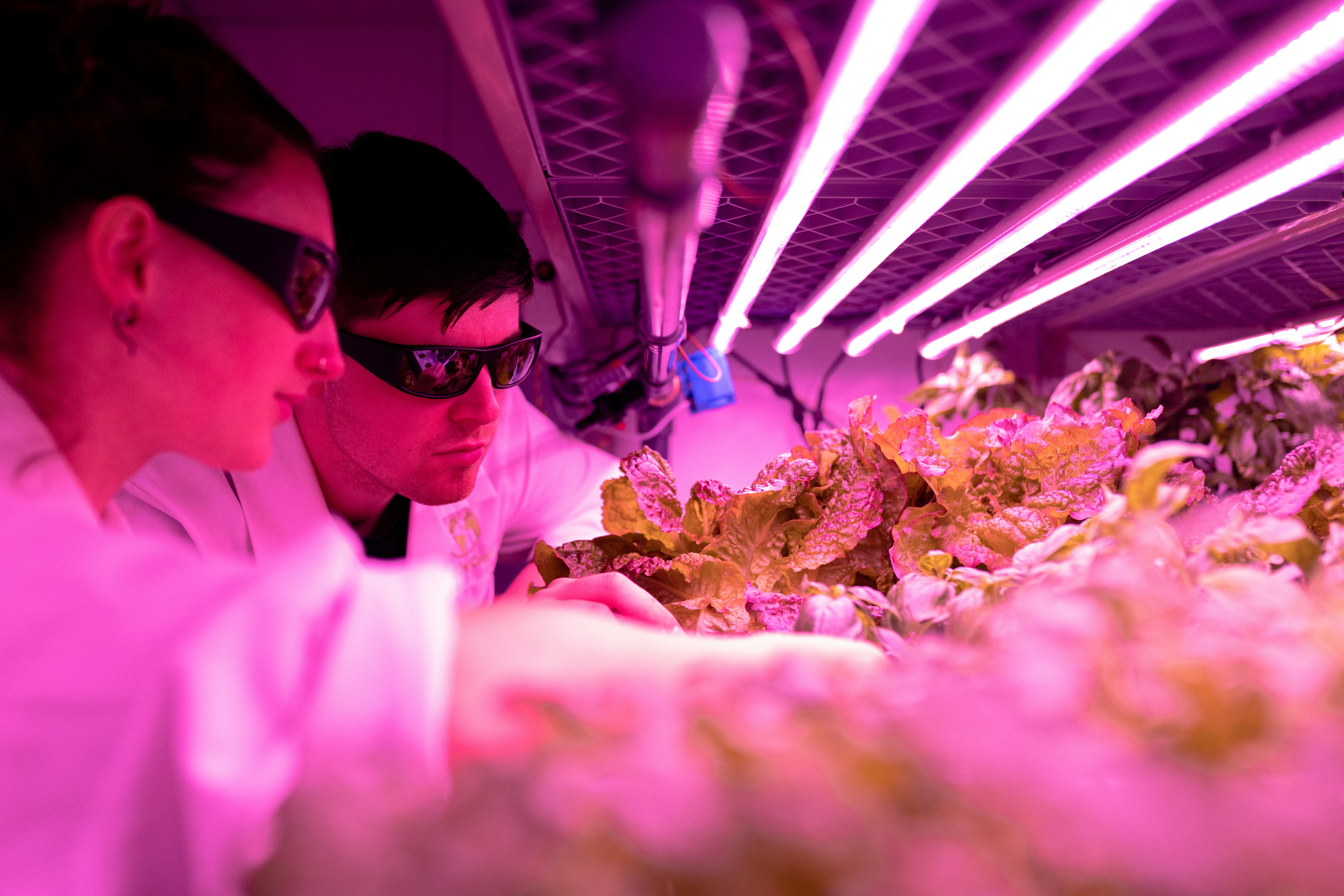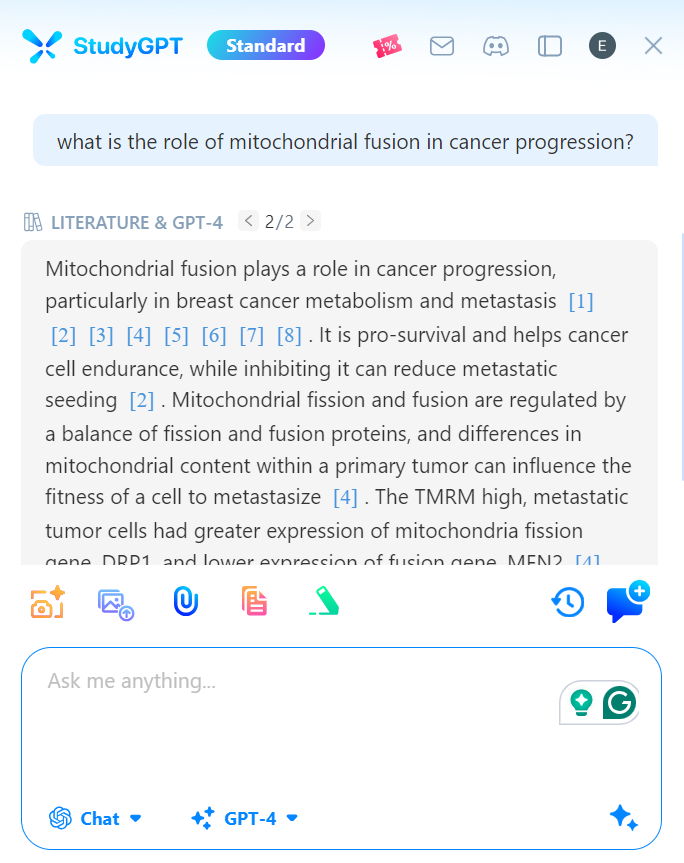
A Science Helper AI is a cutting-edge artificial intelligence that helps researchers, educators, and students in the sciences. This AI, which uses strong algorithms and enormous libraries of scientific information, can do a number of activities, including evaluating complex data sets and formulating hypotheses, as well as producing research articles and offering real-time teaching. It uses natural language processing to interpret and generate human-like content, making it an invaluable tool for producing and editing scientific documents. Furthermore, it can simulate experiments and forecast results using existing data, speeding the rate of discovery. By automating common chores and providing insights based on the most recent research, Science Helper AI allows scientists to focus on innovation and critical thinking, ultimately pushing the boundaries of human knowledge.
There are tons of chances for generative AI to revolutionize academic and scientific research methods. Researchers need to have improved tools accessible to them since they are under increasing pressure to publish, negotiate a more complex research environment, and deal with expanding administrative responsibilities.
Using StudyGPT as your research assistant
Researchers are using AI in the Web of Science to automate labor-intensive operations for academics that don't require specialized knowledge, such as extracting, organizing, summarizing, and displaying material that is requested from our carefully organized metadata. The Web of Science AI Research Assistant, a generative AI-powered tool that expands user utility, is the next step in our AI journey. With the AI Research Assistant sifting through the complexity of data and creating connections between articles, researchers may pose queries and find the answers from Web of Science data more quickly. It also makes it easier for researchers to peruse succinct summaries of articles and results sets.

Enjoy our GPT-4 and Literature mode and get trustworthy sources for your research with StudyGPT
StudyGPT can help you in a variety of ways with scientific research:
StudyGPT can help you identify useful material from a large body of scientific literature. It can assist you in identifying important papers, journals, and resources relevant to your research topic.
1. Summarization: It can summarize difficult scientific articles, allowing you to better understand the essential themes and discoveries.
2. Explanation: It can explain scientific concepts, hypotheses, and procedures in a straightforward and intelligible manner.
3. Fact-checking: It allows you to verify the correctness of scientific material.
4. Idea Generation: Using the data it has, might offer fresh angles or views for your investigation.
5. Reference Management: It helps you organize and manage your references, making it easier to cite them.
6. Writing Assistance: It can help you with your research paper, thesis, or dissertation by making suggestions, fixing punctuation, and ensuring that your writing is clear and concise.
Is StudyGPT trustworthy as a science helper?
Definitely, StudyGPT can provide you with accurate answers and you can use our Literature Mode to have sources and references from the auto-generated answers. However, StudyGPT is a feature that you should use as a secondary assistant rather than a primary source, but you should not fully rely on GPT for all of your scientific research. It is important to double-check the answers and investigate if the output is correct.